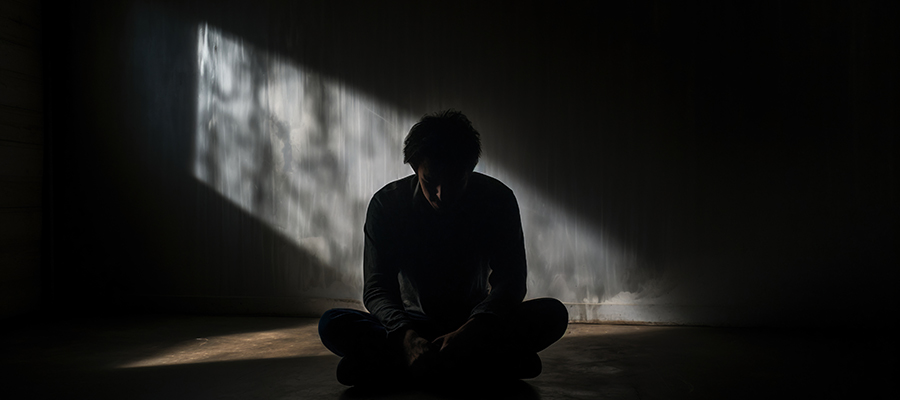Depression, or major depressive disorder (MDD), is a serious mental health condition that profoundly affects an individual's thoughts, feelings, behaviors, and overall perception of the world.
While the term "depression" is often used casually, it is a debilitating disorder that goes far beyond occasional sadness or a bad mood. Unlike grief or sadness, which are natural human emotions in response to life’s challenges, depression is a persistent condition that can interfere significantly with daily functioning.
People often confuse sadness with depression, using phrases like "I had a bad day today, I’m so depressed" or "I’m depressed after a fight," but depression is far more intense and long-lasting, affecting nearly every aspect of life.
Grief, which can result from loss such as death or the end of a relationship, shares some symptoms with depression, but they differ in key ways. Grief tends to involve waves of sadness interspersed with positive memories, whereas depression brings a consistent feeling of hopelessness, worthlessness, and a loss of interest in activities once enjoyed.
Symptoms of depression include persistent feelings of sadness, changes in appetite or weight, fatigue, difficulty concentrating, feelings of guilt, and, in severe cases, suicidal thoughts. To be diagnosed with depression, these symptoms must last for at least two weeks and significantly impact one’s daily life.
Statistics reveal that about 18% of adults currently experience depression, with women and younger adults being more likely to develop the condition.
Depression can be caused by a combination of genetic, biochemical, personality, and environmental factors, with a family history of depression increasing the likelihood of its development.
There are various types of depression, including major depressive disorder, persistent depressive disorder, seasonal affective disorder, postpartum depression, and disruptive mood dysregulation disorder, among others.
Fortunately, depression is highly treatable, with medications such as antidepressants and therapies like cognitive behavioral therapy (CBT) proving to be effective. CBT helps individuals identify and change negative thinking patterns, providing coping mechanisms to manage stress and emotional struggles.
Additionally, lifestyle changes such as regular exercise, a healthy diet, and engaging in enjoyable activities can greatly support recovery.
By understanding depression, recognizing its symptoms, and seeking appropriate treatment, individuals can regain control of their lives and work towards healing.
Depression is not a sign of personal weakness, but a medical condition that deserves attention and care. If you or someone you know is struggling, seeking professional help is the first step toward recovery and a brighter future.

